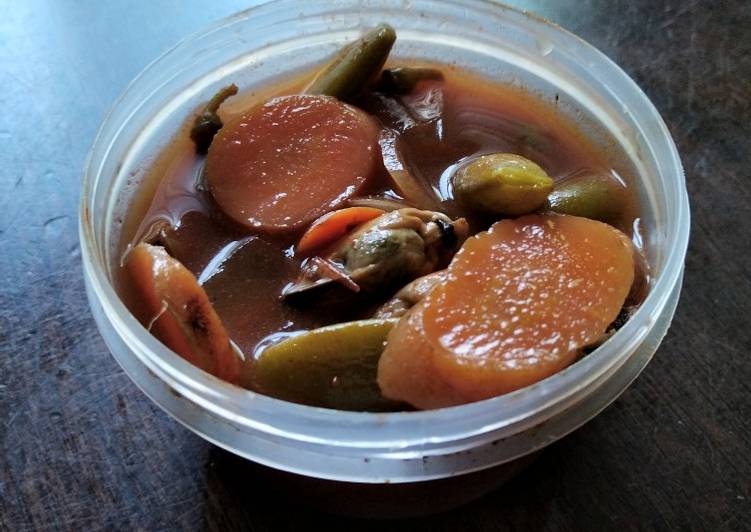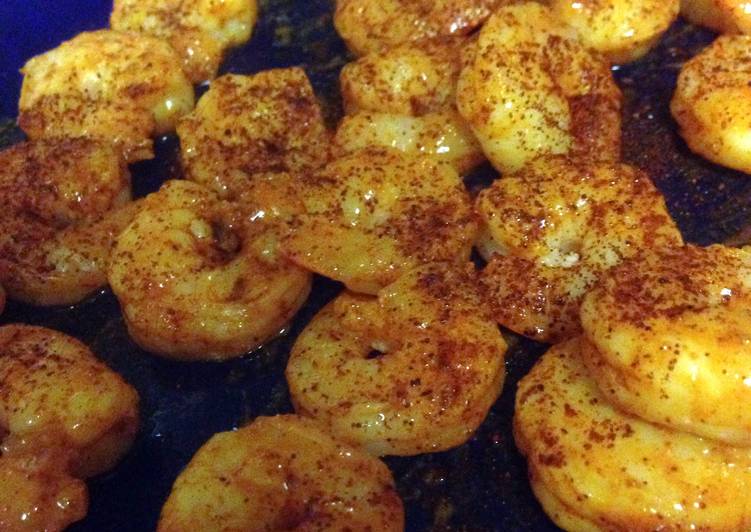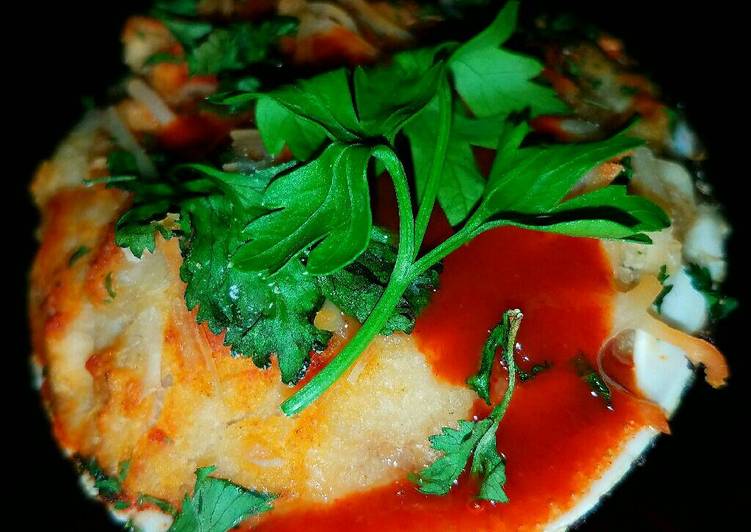
Hey everyone, hope you’re having an incredible day today. Today, I will show you a way to prepare a special dish, not jjampong (korean inspired no-noodles mussel soup). One of my favorites. This time, I will make it a little bit tasty. This is gonna smell and look delicious.
Not jjampong (Korean inspired no-noodles mussel soup) is one of the most popular of recent trending foods in the world. It’s simple, it’s quick, it tastes yummy. It is appreciated by millions every day. Not jjampong (Korean inspired no-noodles mussel soup) is something that I’ve loved my whole life. They’re nice and they look wonderful.
Jjamppong Noodles! (Spicy Korean Seafood Noodles). A popular Korean soup with all kinds of ingredients mixed in. Jjamppong is spicy seafood noodle soup. It's a popular Korean noodle dish.
To begin with this particular recipe, we must first prepare a few ingredients. You can have not jjampong (korean inspired no-noodles mussel soup) using 10 ingredients and 7 steps. Here is how you cook that.
The ingredients needed to make Not jjampong (Korean inspired no-noodles mussel soup):
- Prepare mussels (or mixed seafood, Korean recipes use cockles)
- Prepare carrots, sliced
- Take snap peas (or vegetables, preferably bok choy/cabbages)
- Prepare large onion (Korean recipes usually use spring onions)
- Prepare gochujang (/ chili powder but will taste different)
- Get doenjang (skip if you don't have)
- Prepare soy sauce (increase if no doenjang)
- Make ready dried kelp (or 1 fish/vegetable stock cube)
- Prepare sugar/honey (Korean recipes usually call for corn syrup)
- Prepare water
It's loaded with pork, seafood and vegetables! A spicy, hearty noodle soup packed with robust flavors! Korean-Chinese cuisine was developed by early Chinese immigrants in Korea, and has become a huge part of Korean food culture. Jjamppong (짬뽕) is a Korean noodle soup with red, spicy seafood- or pork-based broth flavored with gochugaru (chili powder).
Instructions to make Not jjampong (Korean inspired no-noodles mussel soup):
- Quite easy actually, start by boiling water. Add the kelp or the stock cube. If you have dried anchovies, it's much better for the broth.
- Add the minced onions, Korean recipes usually call for spring onions alongside onions.
- Add the gochujang and doenjang.
- Add the mussels (or mixed seafood, usually octopus, cockles, prawns, squid), sliced carrots, and greens (I use snap peas) here.
- Add soy sauce. Taste, add sugar if you like it sweeter (Korean recipes usually call for corn syrup), add chili powder if you want it spicier.
- Wait until the soup boils and carrots are soft in medium heat, or for deeper taste, in low heat.
- Enjoy with rice, or if you want something closer to jjampong, add cooked noodles into the broth straight before serving.
Korean-Chinese cuisine was developed by early Chinese immigrants in Korea, and has become a huge part of Korean food culture. Jjamppong (짬뽕) is a Korean noodle soup with red, spicy seafood- or pork-based broth flavored with gochugaru (chili powder). Yes, Korea is a heaven an earth when it comes to the food delivery. Anything can be delivered anywhere, anytime. I miss the convenient life style in Season with Korean soy sauce for soup.
So that’s going to wrap it up with this special food not jjampong (korean inspired no-noodles mussel soup) recipe. Thank you very much for your time. I am confident that you can make this at home. There is gonna be interesting food in home recipes coming up. Don’t forget to bookmark this page on your browser, and share it to your family, colleague and friends. Thanks again for reading. Go on get cooking!

